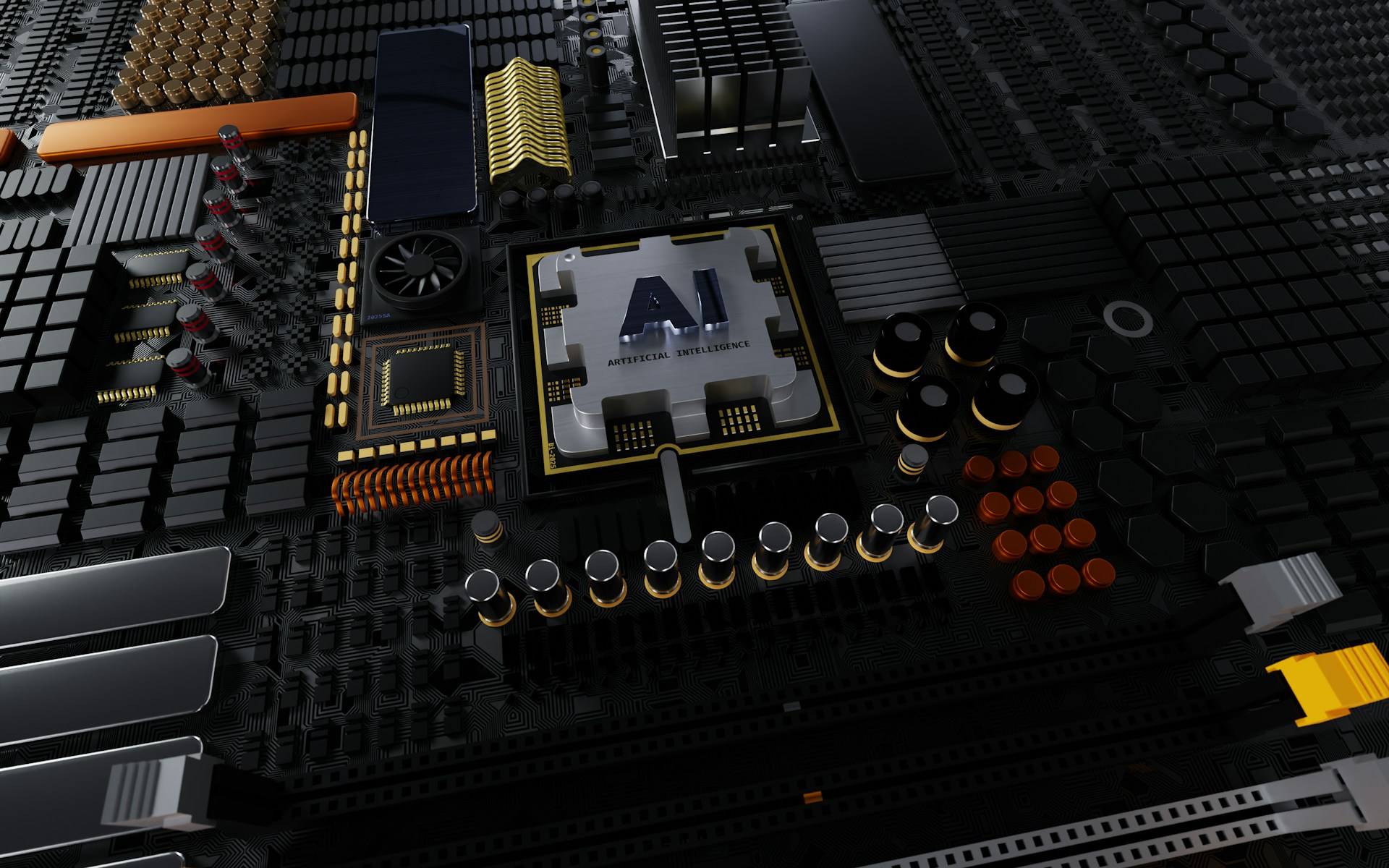
Nvidia will resume selling artificial intelligence (AI) chips to China following CEO Jensen Huang’s successful lobbying of President Donald Trump, reversing export restrictions that cost the company billions in projected revenue.
The California-based chipmaker announced on Tuesday that it has received government assurances for licensing approval to restart H20 chip sales to Chinese companies. Commerce Secretary Howard Lutnick stated that the decision stemmed from trade talks with Beijing regarding rare earth materials.
“We put that in the trade deal with the magnets,” Lutnick told Reuters, referring to China’s agreement to increase rare earth shipments in exchange for lifted chip restrictions.
Huang’s lobbying efforts were successful after he met with Trump in late June. The CEO argued that blocking American tech sales to China could hurt US leadership in AI development.
“The Chinese market is massive, dynamic, and highly innovative, and it’s also home to many AI researchers,” Huang told Chinese state broadcaster CCTV on Tuesday.
The H20 chip is Nvidia’s most advanced processor that Chinese buyers can legally purchase. It has less computing power than chips sold elsewhere, but was designed to meet previous export rules while retaining compatibility with Nvidia’s software.
Chinese tech giants, including ByteDance and Tencent, are reportedly scrambling to place orders through Nvidia’s approved purchaser list. The rush reflects pent-up demand after April’s licensing requirements effectively banned H20 exports.
The restrictions forced the company to take a $4.5 billion write-off for excess inventory. China generated $17 billion in revenue for Nvidia in fiscal 2024, accounting for 13 percent of the company’s total sales.
Rival chipmaker AMD also received approval to resume sales of its MI308 chip to China, with shares of both companies surging on the news. Nvidia stock closed up 4 percent on Tuesday.
The policy change drew quick criticism from lawmakers worried about national security. Democratic Rep. Raja Krishnamoorthi called it “dangerously inconsistent” with previous policies.
The Chinese AI startup DeepSeek has become central to chip export debates. The company claims it built AI models much cheaper than OpenAI.
“The H20 is a powerful chip that, according to our bipartisan investigation, played a significant role in the rise of PRC AI companies like DeepSeek,” said Republican John Moolenaar, chair of the House Select Committee on China.
AI expert Divyansh Kaushik from Beacon Global Strategies warned that volume matters. “If China is able to get a million H20 chips, it could significantly narrow, if not overtake, the US lead in AI,” he said.
Huang later spoke at Beijing’s China International Supply Chain Expo on Wednesday. He called China’s open-source AI a “catalyst for global progress.” The visit was his third to China this year as Nvidia rebuilds ties in its third-largest market.
The resumption of chip sales reflects Trump’s transactional approach to trade policy, using technology exports as bargaining chips in negotiations with Beijing over critical materials and broader economic cooperation.
